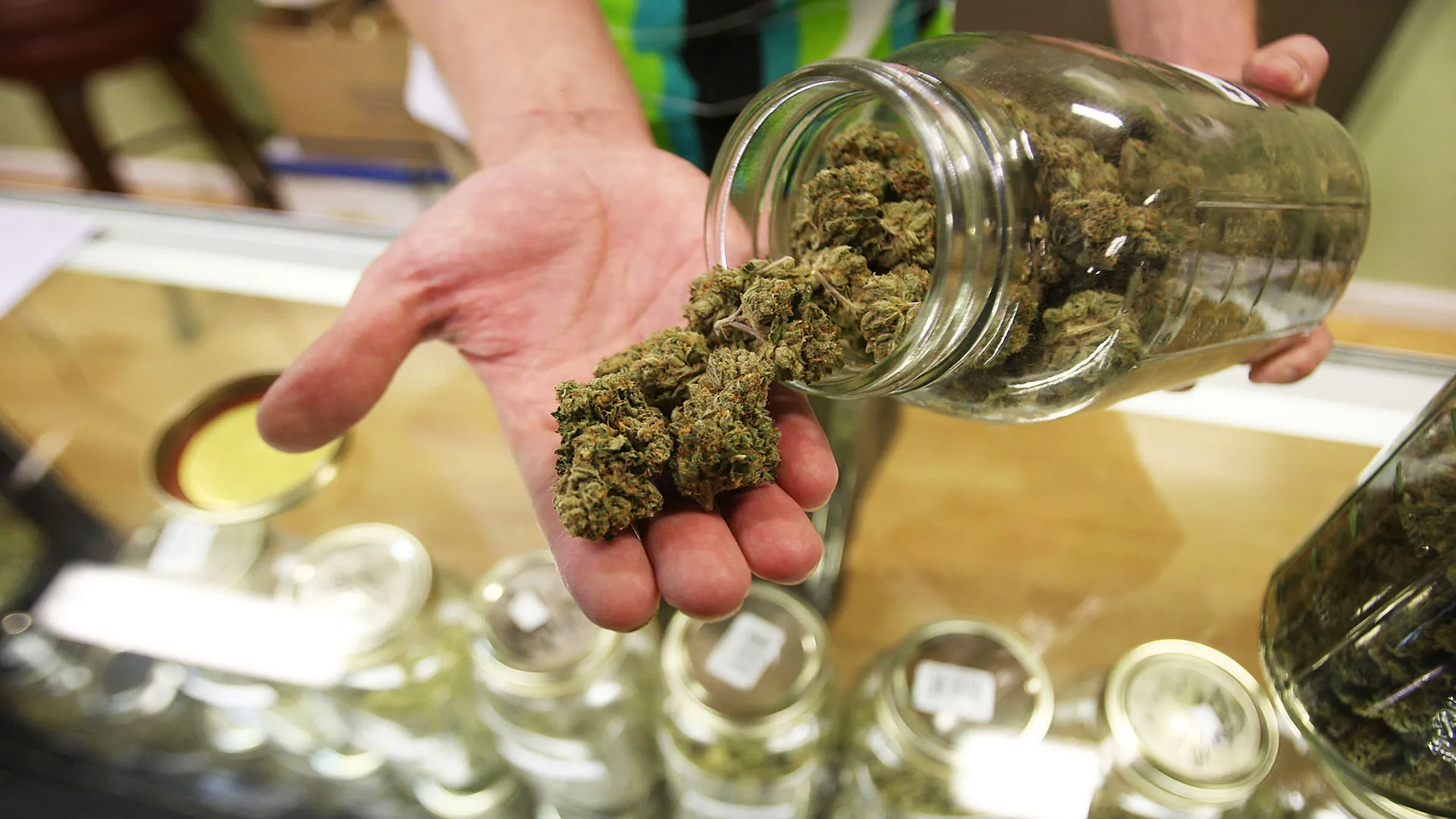Legalize Weed Tennessee, As the debate over marijuana legalization continues to sweep across the United States, Tennessee remains a state that has yet to fully embrace the trend. The question of whether Tennessee should legalize weed has become increasingly relevant, with proponents arguing that it could provide both economic and social benefits, while opponents raise concerns about its potential risks. In this article, we will explore the growing movement for marijuana legalization in Tennessee and the key points surrounding this contentious issue.
The Current State of Marijuana Laws in Tennessee
As of now, Tennessee has some of the strictest marijuana laws in the country. Marijuana is classified as a Schedule I controlled substance, meaning it is considered to have a high potential for abuse and no accepted medical use. Possession of marijuana, even for recreational use, can lead to severe legal consequences, including criminal charges, fines, and imprisonment.
However, Tennessee has taken some steps towards easing restrictions on cannabis in recent years. In 2014, the state passed a law allowing the use of cannabidiol (CBD) oil for medical purposes in cases of severe epilepsy. This was a small but significant move towards recognizing the potential therapeutic benefits of cannabis. Despite this, the conversation around the full legalization of marijuana for both medical and recreational use has largely been stalled.
Economic Benefits of Legalizing Weed in Tennessee
One of the most compelling arguments in favor of legalizing weed in Tennessee is the potential economic impact. States like Colorado and California, which have already legalized marijuana, have seen a significant boost in tax revenue. Legal cannabis sales generate millions of dollars in taxes, which are often used to fund education, healthcare, and public infrastructure.
Tennessee could stand to benefit similarly. With its large agricultural sector, the state could use its farming industry to cultivate marijuana, creating new jobs and boosting the economy. In addition to the direct financial benefits, legalizing marijuana could attract tourists, especially from neighboring states where cannabis is still illegal, further stimulating the local economy.
Social Justice and Public Health Considerations
Another key argument for legalizing weed in Tennessee is the potential for social justice reform. The criminalization of marijuana has disproportionately affected minority communities, particularly Black and Hispanic individuals. Advocates for marijuana legalization argue that by decriminalizing cannabis, Tennessee could reduce racial disparities in arrests and incarceration rates.
Furthermore, legalizing weed would allow for better regulation and control of the cannabis market. This would ensure that marijuana is produced and sold safely, with quality control standards in place. It could also reduce the influence of illegal drug cartels, making communities safer overall.
Public health considerations also play a crucial role in the discussion. Proponents of legalization point out that the medicinal benefits of cannabis are well-documented, particularly for patients suffering from chronic pain, anxiety, and other conditions. Legalizing medical marijuana in Tennessee could improve access to treatment for individuals who currently rely on prescription drugs, many of which come with severe side effects and high potential for abuse.
Concerns and Opposition to Legalization
Despite the many arguments in favor of legalization, there are still significant concerns about the potential impact of legalizing marijuana in Tennessee. Opponents argue that marijuana use can lead to increased crime, addiction, and mental health issues. They point to studies suggesting that marijuana can impair cognitive function, especially in younger users, and that legalizing it could lead to greater public health risks.
Additionally, some worry about the potential increase in drugged driving. While alcohol impairment is a well-understood issue, the effects of marijuana on driving are still being studied, and there are concerns that legalizing marijuana could make roads more dangerous.
The Future of Legalizing Weed in Tennessee
The movement to legalize weed in Tennessee is gaining momentum, with increasing public support and pressure on lawmakers to reconsider the state’s marijuana policies. Advocates are hopeful that with more research, education, and a shift in public perception, the state will eventually move toward full legalization.
In the coming years, Tennessee may follow the lead of other states that have already legalized cannabis. As public opinion continues to evolve, the pressure on policymakers to act will only grow stronger. Whether or not Tennessee will legalize weed in the near future remains uncertain, but the conversation is clearly gaining traction.
Conclusion
Legalizing weed in Tennessee is a complex issue that involves a careful balance of economic, social, and health considerations. While there are valid concerns about the risks of legalization, the potential benefits—both in terms of economic growth and social justice—are hard to ignore. As the debate continues to unfold, one thing is clear: Tennessee’s stance on marijuana may be changing, and the push for legalization is gaining momentum across the state.
You Might Also Like These:



